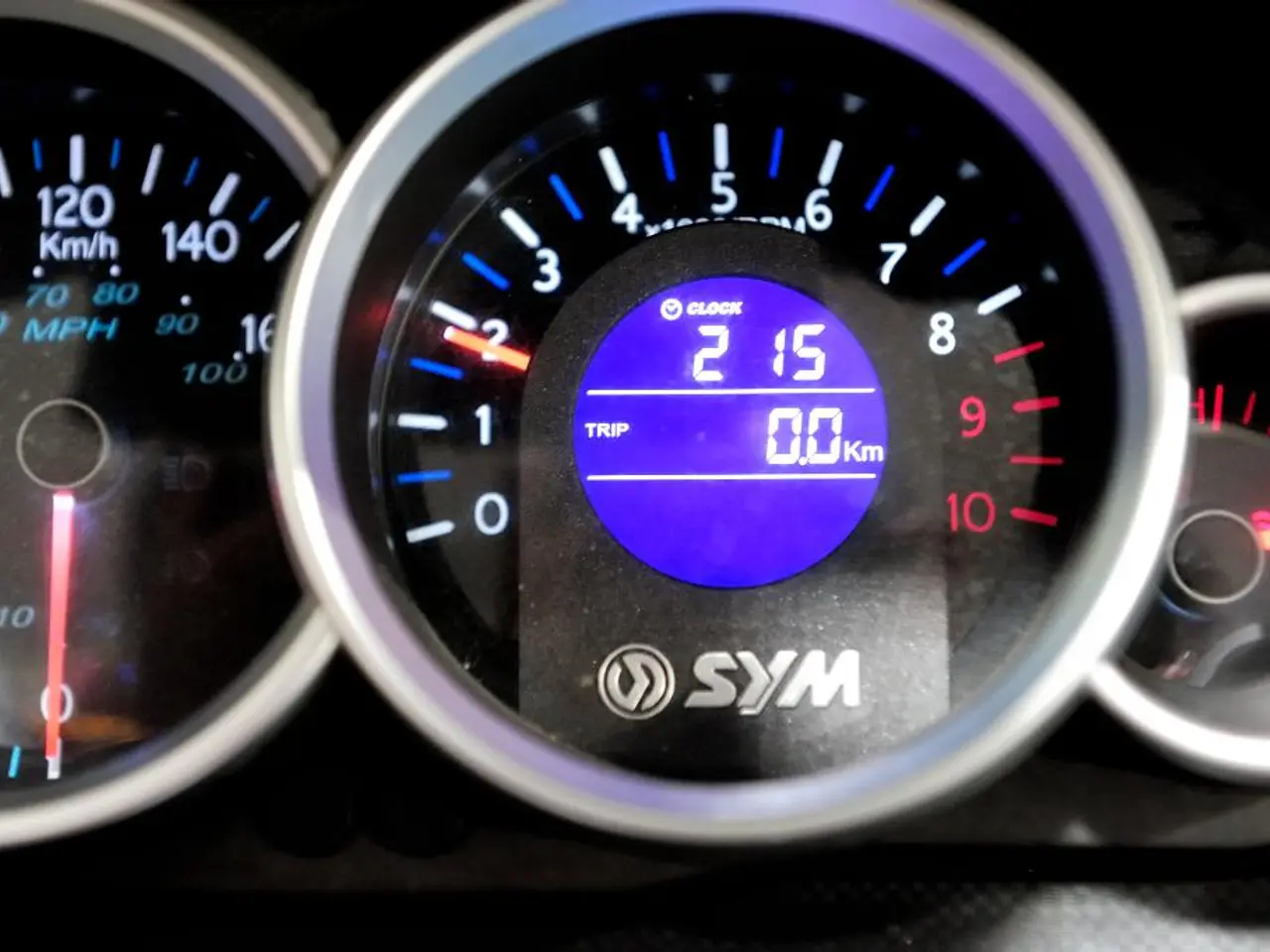Federal authorities, in conjunction with Rhineland-Palatinate and Hesse, are providing financial backing for two critical lithium mining projects within Germany.
Germany Bolsters Domestic Lithium Production with Strategic Projects
Germany is taking significant strides towards securing its raw materials for lithium-ion battery production and renewable energy storage solutions. The German Federal Government, in collaboration with the states of Rhineland-Palatinate and Hesse, is jointly funding two prominent lithium projects in Landau and Frankfurt-Höchst, with over €100 million in public support supplemented by private investment.
Landau, Rhineland-Palatinate: A Leap in Sustainable Lithium Extraction
Natürlich Landau Lithium GmbH, a German subsidiary of Vulcan Energy Ressourcen GmbH, is set to build a novel lithium extraction plant in Landau. This plant will extract lithium chloride directly from local geothermal brine using an innovative, resource-efficient technology. The environmentally friendly process leverages geothermal resources, making it a strategic project under the Critical Raw Materials Act in the EU, approved in March 2025.
Frankfurt-Höchst, Hesse: Processing Lithium for Modern Batteries
Vulcan Projektgesellschaft 2 GmbH, another German subsidiary of Vulcan Energy, will construct a conversion plant in Frankfurt-Höchst. This plant will process lithium chloride produced in Landau into lithium hydroxide monohydrate, a key starting material for modern lithium-ion batteries and a crucial raw material for electromobility and other energy storage applications.
Funding and Investment
The German Federal Ministry for Economic Affairs and Energy (BMWi), along with Rhineland-Palatinate and Hesse, have jointly allocated approximately €103.6 million in public funding for these projects. This funding represents about 15% of the total estimated investment, with the overall project cost estimated at around €690 million. The majority of funding comes from private capital, signaling strong industry confidence and commercial viability.
Economic and Strategic Impact
These projects contribute directly to strengthening Germany as an industrial location by securing domestic raw materials critical to battery production and renewable energy storage solutions. They aim to reduce Germany’s reliance on volatile global lithium markets, which have seen price fluctuations from $8,000 to $80,000 per tonne in recent years, introducing supply risks.
Supporting domestic lithium extraction is a key pillar for the competitiveness of Germany’s automotive sector and broader green economy, which depends heavily on lithium-ion batteries. The automotive industry alone accounts for about 5% of German GDP, and the European lithium demand is projected to increase by 3,500% by 2030, far outpacing current domestic supply (less than 1%).
By developing innovative, climate-friendly lithium extraction technologies, Germany aims to become a European leader in sustainable mineral processing as part of its industrial strategy and energy transition goals.
A Step Towards Self-Sufficiency and Sustainability
These strategic investments underscore Germany's commitment to self-sufficiency and sustainability in lithium production, a crucial component of high-performance batteries, particularly important for the automotive industry. The projects also highlight the need for increased efforts to find alternative raw materials sources, as emphasized by Stefan Rouenhoff, Parliamentary State Secretary at the Federal Ministry for Economic Affairs and Energy.
Innovative Solutions for Sustainable Energy and Technology
The groundbreaking projects in Landau and Frankfurt-Höchst demonstrate Germany's commitment to leveraging science and technology in the pursuit of sustainable lithium extraction and processing.
Fostering a Green and Technologically Advanced Sports Car Industry
By securing domestic lithium production and developing innovative technologies, Germany aims to foster a green and technologically advanced sports car industry, capitalizing on the escalating demand for renewable energy storage solutions and electromobility.




